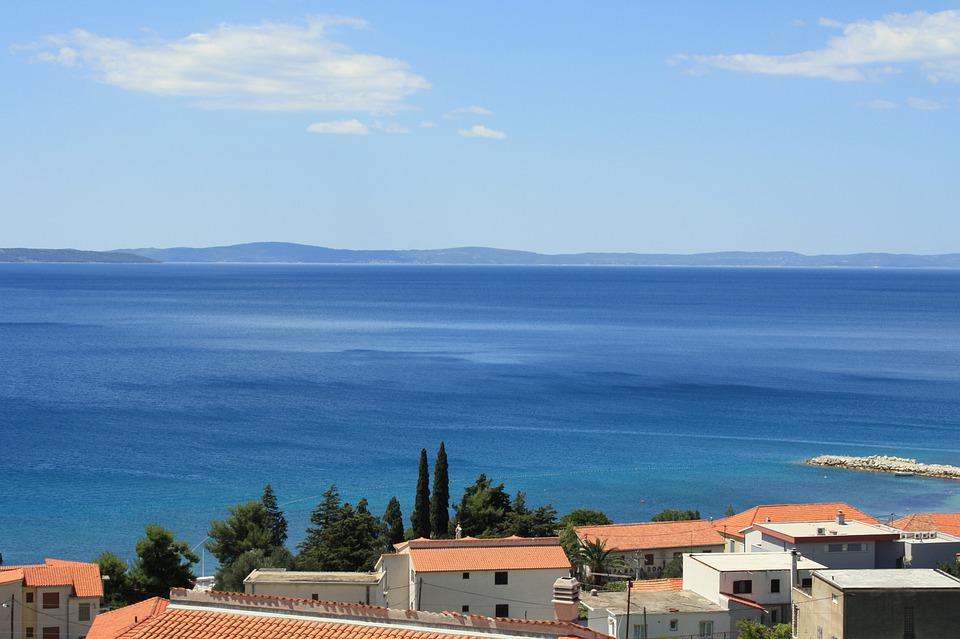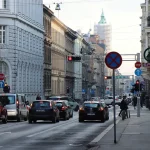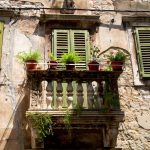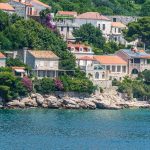As Poslovni Dnevnik/Marija Crnjak writes, the arrival of international property brands such as Sotheby’s and Christie’s, and then the coronavirus pandemic, has put Croatia more than ever in the focus of buyers and investors who want to invest in Croatian luxury property, whether with the goal of moving into it or making good money out of it.
The demand for Croatian luxury property has grown tremendously as a result of the global pandemic, leading Croatian intermediaries and consultants have revealed. Croatia has finally been noticed by buyers who have previously focused on luxury destinations in Spain, Italy or France.
Germans, Poles, Austrians, Czechs want to have a summer home or even a permanent home in which they’d move, and such residents are dramatically raising the levels of their local economies. However, they have high criteria, they want a safe purchase and a top quality product, and Croatia now has a situation where our demand is dramatically higher than its supply.
Although significantly better than in previous years, the Croatian offer is permanently limited by urban policy and legislation, which prevents the construction of separate residential settlements which don’t have tourist purposes. Instead, the country usually ends up with wild urbanism with somewhat questionable infrastructure.
“After years of struggling to lure the upper middle class from Lake Garda to Istria or Dalmatia, coronavirus came. It was a game changer for the growing demand for Croatian luxury property, which coincided with the arrival of some of the world’s leading brokerage brands.
The pandemic prevented customers from other EU countries from accessing traditional destinations, such as resorts in Spain. They had nowhere to go, so they turned to the much more easily accessible Croatia, and were pleasantly surprised by the beauty of the landscape, the cleanliness, and the local culture.
We ended up with a large number of customers who are very interested and have money to spend, such as the Germans who are less and less satisfied with life in Germany and see Croatia as an alternative. However, these customers have become accustomed to a certain level in terms of urbanism, infrastructure and content, and Croatia hasn’t yet been able to offer that. Croatian legislation doesn’t allow for the development of new residential areas, outside the existing ones, it only allows for the development of tourist zones primarily intended for commercial activities, not housing,” said Ivan Kovacic, CEO and partner at Remington Realty, the exclusive subsidiary of Christie’s International Real Estate.
The Croatian branch of Christie’s started operating back in 2019, while demand was not yet so strong, but the profession had already clocked onto the fact that 1,800 kilometres of stunning coastline in the very heart of Europe would become a hit someday, and last year they opened a Showroom in Opatija. The pandemic unwittingly helped them, but the system also caused issues.
“Today’s customers are interested in a safe purchase and a reliable intermediary, and the presence of leading intermediary names not only reassures them, but raises the credibility of the entire market. The Croatian offer is better than it was before, the quality of buildings is at the level of Western Europe, although there’s still a lot of room for improvement when it comes to general professionalisation – for the engagement of the profession, designers, architects… And when it comes to this issue, investor awareness is growing, and the situation is positive. However, in Croatia, urbanism is still being planned on the basis of existing land ownership, instead of the question of whether it is strategic or not dominating the matter.
Designing settlements and drawing up plots, as well as building infrastructure so that projects can be offered to developers and investors, is a model that respects the public interest and is how things should be set up,” said Kovacic.
“The potential of the Croatian luxury property market is huge, and the market itself is growing significantly, but it all depends on how much decision makers will want to recognise all of that and regulate it,” concluded Kovacic.
This seems to be yet another situation in which Croatia’s potential is absolutely enormous, but the regulations and laws are slow, cumbersome, and needlessly complex and limiting.
For more, make sure to check out our dedicated lifestyle section.











